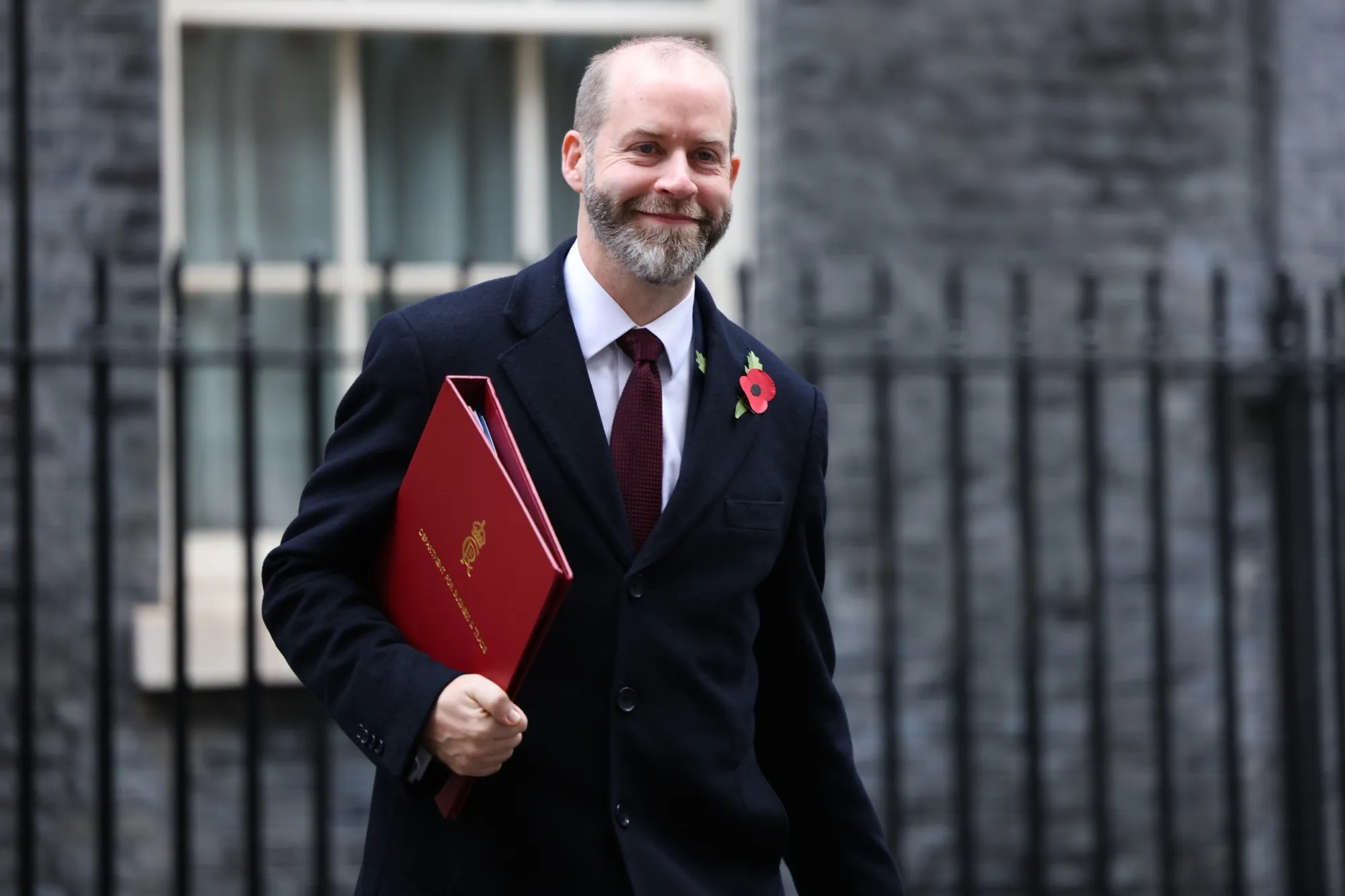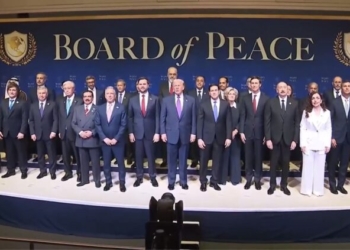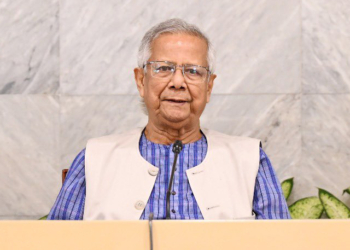London: The U.K. officially joined the Comprehensive and Progressive Agreement for Trans-Pacific Partnership (CPTPP) on Sunday, becoming the first European nation to join the Asia-Pacific trade bloc.
The 12-country landmark trade agreement is expected to boost the British economy by 2 billion pounds (about 2.52 billion U.S. dollars) annually in the long term, according to the Department for Business and Trade, Xinhua news agency.
The department noted on its website that the UK’s accession to CPTPP is a cornerstone of the government’s Plan for Change, which aims to deliver economic growth and increase household incomes. The plan is projected to raise household wages by 1 billion pounds (1.26 billion dollars) annually while benefiting all regions of the country.
“Agreements like this boost trade and create opportunities for UK companies abroad, supporting jobs, raising wages, and driving investment across the country,” said British Business and Trade Secretary Jonathan Reynolds.
Ian Stuart, CEO of HSBC UK, underscored the significance of the trade bloc, stating: “Since the announcement of the UK’s accession in July 2023, we have seen an increase in payments between CPTPP markets and the UK, and we expect this growth to continue.”
The UK will enter into the agreement with eight of the bloc’s 11 existing members who first ratified the accession on Sunday – Japan, Singapore, Chile, New Zealand, Vietnam, Peru, Malaysia and Brunei.
It will then, on Christmas Eve, enter into force with Australia, who later ratified the deal.
Canada and Mexico are yet to finally rubber-stamp the UK’s membership, but it is understood that officials expect them to do so at some point in the future.
It is expected that the CPTPP will get larger in the coming years, and last month it was announced Costa Rica would be the next country to work through the process of joining.
The deal will offer UK firms lower tariffs and fewer barriers when trading across three continents, with financial services, manufacturing and food and drink sectors set to benefit.
(IANS)
















